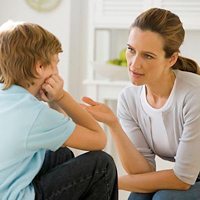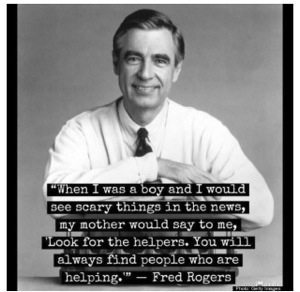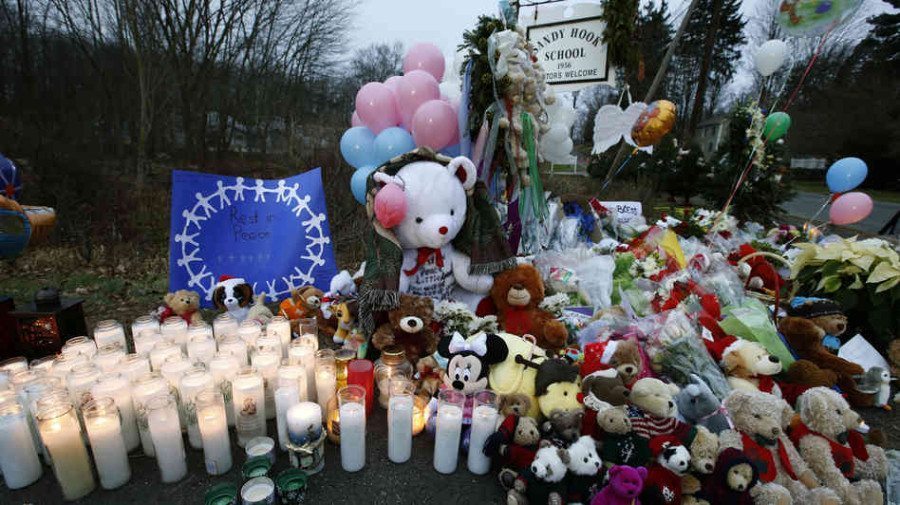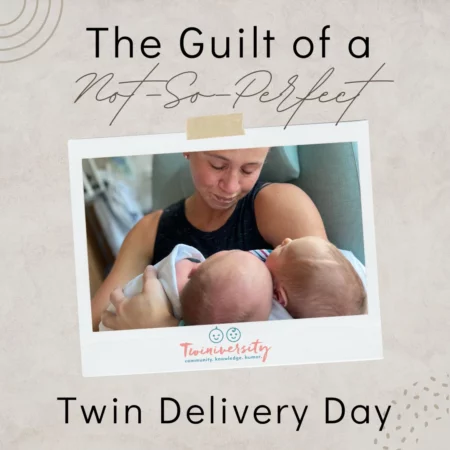Last updated on September 30th, 2021 at 10:19 am
The horrific tragedy at Sandy Hook Elementary School on December 14th, 2012, haunts us all as parents. Every time an unthinkable event like this happens, it is not only extremely difficult to handle as an adult, but you also have to put your children’s fears at ease. It is up to you as a parent to decide if and when it is the right time to discuss this — or any other tragic event — with your child.
While the tragedy happened in 2012, you can expect to see coverage on the news, radio and internet regarding the anniversary, if you haven’t already. Even if your kids weren’t aware of the event when it happened, they may suddenly become aware due to media coverage and have questions about it. If you think your kids are aware that something happened, you should talk to them about it as soon as possible.
Dr. Joan A. Friedman, author of Emotionally Healthy Twins and The Same But Different and contributor on Natalie Diaz’s What To Do When You’re Having Two, shared some overall guidance on how to talk to your children about the tragedy at Sandy Hook:
 Parents should be alert to opportunities to speak to their children about what has happened. This means not imposing questions or concerns directly but watching and listening for moments when the child is receptive to talk about their feelings.
Parents should be alert to opportunities to speak to their children about what has happened. This means not imposing questions or concerns directly but watching and listening for moments when the child is receptive to talk about their feelings.- The more comfortable that a child feels talking about traumatic events the more capacity he will develop to work through what has happened. Children also can be helped to feel more in control of fears and worries if they are able to play out feelings using toys, props, etc. to create repeated scenarios about what has happened, enabling them to feel confident that they are safe and that their environment will be protective.
- If children were aware of the event when it happened and seem receptive, one can ask them to review what they experienced at that time and have them talk about what they remember, how they feel about it now, and how they felt about things when the trauma occurred. This self-reflective capacity enables them to feel that they are okay and feeling better than they did previously. It is reassuring that life has gone back to some sort of normal, which always makes children feel safer and more secure.
- Children are often open to talk about their dreams and memories. Approach these subjects with light-heartedness and curiosity — not judgments or sentiments — and ask the child to describe what he felt, saw, and imagined. Refrain from any “reality testing”. Dreams and memories are often metaphors for a child’s fears, thoughts, or imaginative ideas.
- Older children may want to engage in conversations about what happens after death. These issues must be handled by parents whose religious beliefs and teachings will vary according to their family traditions and rituals. These subjects must be handled in an age appropriate manner so that the child is not overwhelmed or frightened.
- Living through anniversaries of traumatic events helps people heal emotionally by remembering the pain of the loss along with recognizing the strength and stamina of the survivors, who attempt to make life pleasurable and comfortable once again for those who are still suffering with tremendous grief and anguish about what has been taken from them.
After your child has shared their emotions on the subject with you, ask if there is anything you can do to help them feel more safe at school, at home, or anywhere else they frequent, and come up with a plan together. If they would feel better knowing how their school plans to protect them, call your principal and ask for a personal visit with your child to review the school’s emergency plans. Knowing what the plan is can really help your kids to feel prepared and safer in their school.
 Whenever a tragic event happens in the news, I’m reminded of a very special quote from Fred Rogers, “When I was a boy and I would see scary things in the news, my mother would say to me, ‘Look for the helpers. You will always find people who are helping.'” In any tragedy there are so many people who come to the aid of the victims. At Sandy Hook, it was the dozens of teachers and staff at the school who saved so many more children by thinking quickly and jumping into emergency action plans; the police officers who were on the scene within minutes to evacuate the school; and the community members who volunteered to help all of the students and families to get their lives back on track, hosting fundraisers and providing support to those who needed it.
Whenever a tragic event happens in the news, I’m reminded of a very special quote from Fred Rogers, “When I was a boy and I would see scary things in the news, my mother would say to me, ‘Look for the helpers. You will always find people who are helping.'” In any tragedy there are so many people who come to the aid of the victims. At Sandy Hook, it was the dozens of teachers and staff at the school who saved so many more children by thinking quickly and jumping into emergency action plans; the police officers who were on the scene within minutes to evacuate the school; and the community members who volunteered to help all of the students and families to get their lives back on track, hosting fundraisers and providing support to those who needed it.
This week, instead of watching news programs or listening to radio shows that will rehash the tragedy, grab your kids favorite books and spend some quality time snuggling with them, giving them extra hugs and love. Savor the moment and tell them how much you love them; you can never say this enough!
Further reading:
Helping Your Children Manage Distress In the Aftermath of a School Shooting
Crisis Management Institute’s Guide to Talking With Your Children About School Shootings
The Fred Rogers Company Parent Resources for Tragic Events







